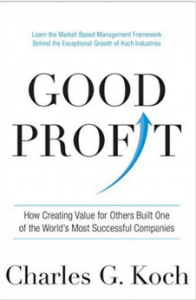
Diversify Your Risks!
I often speak at small business conferences and am struck by the number of Baby Boomers approaching retirement age who see entrepreneurship and small business formation as the means of financing their pending retirements. This trend appears to be accelerating in response to declining employment in the corporate sector. According to the U.S. Bureau of Labor Statistics, 2.5 million jobs were lost in the United States since November 2008. The mainstream media are now reporting anecdotal evidence of laid-off workers starting their own businesses as they are unable to find employment elsewhere. CNN reports “No Job? Create Your Own” and the New York Times recently published an article under the headline “Weary of Looking for Work, Some People Create Their Own“. I would be the last person you would expect to be skeptical of this approach, but I am, because I worry that Americans still have not learned the lessons of risk diversification (the term economists use to advise against putting all of your eggs in one basket).
Remember what happened when Enron failed? Enron employees not only lost their incomes when their employment was terminated; they lost their assets and retirement savings that were held in the form of Enron stock. Corporate employees should diversify their risks by investing in stocks unrelated to their employment. Such a risk diversification strategy is much harder for a small business owner to execute. When a small business fails, and the rate of failure is very high, 80% of businesses started today will not be in business five years from now, the entrepreneur not only loses income, he loses an asset – his equity in the business. When you start a business, you often have to provide personal guarantees for services or goods, borrow funds or tap your savings for working capital and otherwise assume financial liability. These are significant exposures in risky ventures. And corporate employment experience is not necessarily good training for running your own business. When I worked for someone else, I didn’t worry about websites or marketing. There were functional departments staffed with specialists that assumed those responsibilities. My role in the company was very well defined. But as an entrepreneur, I have to be a generalist and that involved making a lot of mistakes and learning as I went along. As retirement is several decades away for me, I was and am comfortable with this risk. If I were one or two decades older, I would think more carefully about the consequences of small business failure. Entrepreneurship and small business formation should not be viewed as a panacea for inadequate retirement savings or loss of viable employment.



